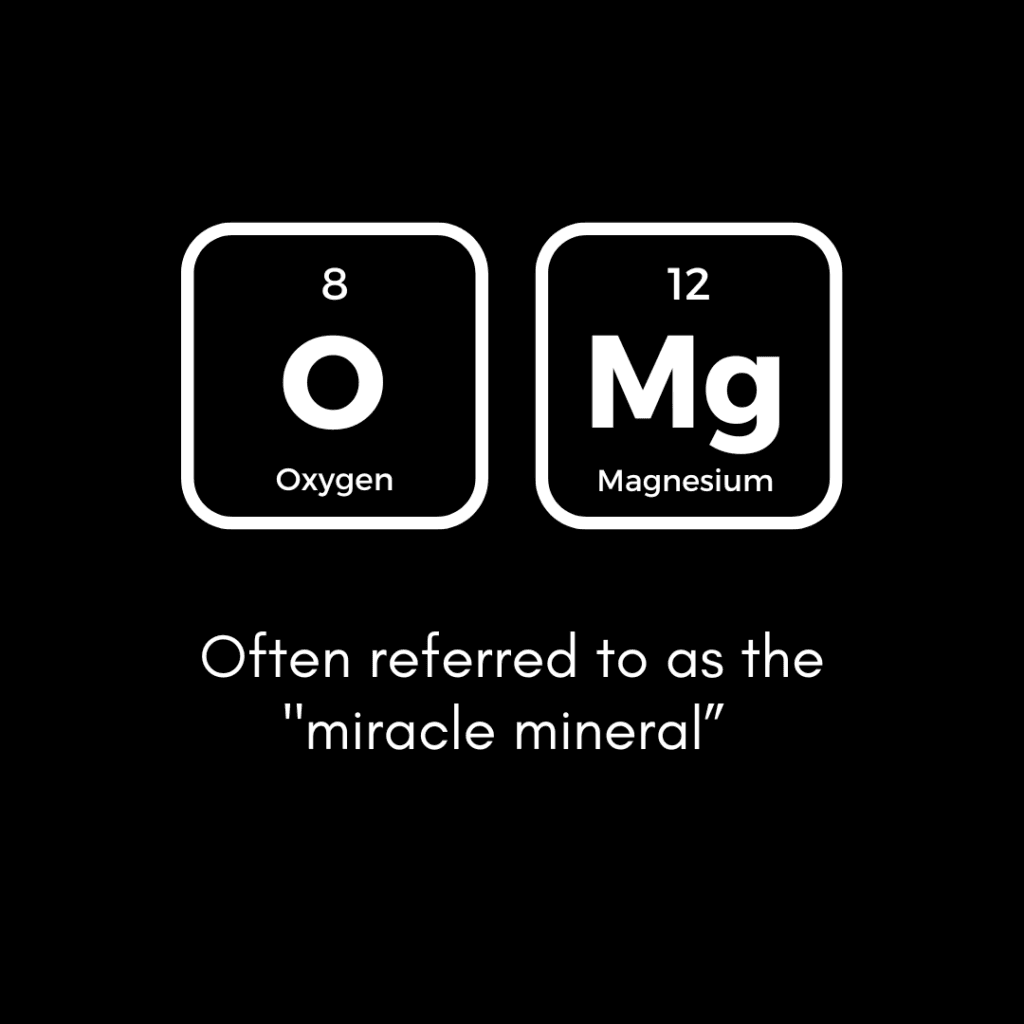*This article contains affiliate links*
Magnesium is an essential mineral that plays a vital role in many bodily functions, including muscle and nerve function, blood sugar control, and bone health. While a balanced diet typically provides adequate magnesium, some children may benefit from magnesium supplements, especially if they have specific health concerns or dietary restrictions. Here’s a guide for parents on how magnesium supplements can help children and what to consider before adding them to your child’s routine.
Why Magnesium is Important for Children
Magnesium supports several crucial functions in a child’s body:
- Bone Health: Magnesium helps in the development and maintenance of healthy bones, working alongside calcium and vitamin D.
- Muscle Function: It is essential for proper muscle function, preventing cramps and spasms.
- Nervous System: Magnesium plays a role in neurotransmitter release, affecting mood, sleep, and overall mental health.
- Energy Production: It is involved in the conversion of food into energy, supporting overall growth and development.
Signs of Magnesium Deficiency
While magnesium deficiency is relatively rare, it can occur, especially in children with poor dietary habits or certain medical conditions. Signs of deficiency may include:
- Muscle cramps or twitches
- Fatigue or weakness
- Irritability or mood swings
- Trouble sleeping
- Poor concentration
If you notice these symptoms in your child, it’s important to consult a healthcare provider before starting any supplementation.
Benefits of Magnesium Supplements
For children who may need extra magnesium, supplements can offer several benefits:
- Improved Sleep: Magnesium can help regulate melatonin, the hormone responsible for sleep, potentially improving sleep quality and duration.
- Enhanced Mood: By influencing neurotransmitter function, magnesium may help reduce anxiety and improve mood.
- Better Focus and Concentration: Some studies suggest that magnesium can support cognitive functions, aiding in better focus and learning.
- Muscle Health: For active children or those involved in sports, magnesium can help prevent muscle cramps and support muscle recovery.
Choosing the Right Supplement
When considering magnesium supplements for your child, keep the following in mind:
- Type of Supplement: Magnesium comes in various forms, such as magnesium citrate, magnesium glycinate, and magnesium oxide. Magnesium citrate and glycinate are generally well-absorbed and gentle on the stomach.
- Dosage: The recommended daily intake varies by age. Consult with a healthcare provider to determine the appropriate dosage for your child.
- Quality: Choose supplements from reputable brands that have been tested for quality and purity.
Natural Sources of Magnesium
In addition to supplements, you can increase your child’s magnesium intake through diet. Foods rich in magnesium include:
- Leafy green vegetables (spinach, kale)
- Nuts and seeds (almonds, pumpkin seeds)
- Whole grains (brown rice, quinoa)
- Legumes (black beans, chickpeas)
- Dairy products
Encouraging a balanced diet with these foods can help ensure your child receives adequate magnesium.
Safety and Precautions
While magnesium supplements are generally safe, it’s important to take certain precautions:
- Consult a Healthcare Provider: Always talk to a doctor before starting any supplement, especially for children with underlying health conditions or those taking other medications.
- Monitor for Side Effects: Some children may experience digestive issues like diarrhoea when starting magnesium supplements. If side effects persist, consult your healthcare provider.
Final Thoughts
Magnesium is an essential mineral that supports various bodily functions and overall health in children. While most children can get sufficient magnesium from a balanced diet, supplements may be beneficial for those with specific needs. Always consult with a healthcare provider before introducing any new supplement to ensure it is safe and appropriate for your child. By understanding the benefits and proper use of magnesium supplements, you can help support your child’s health and well-being.




